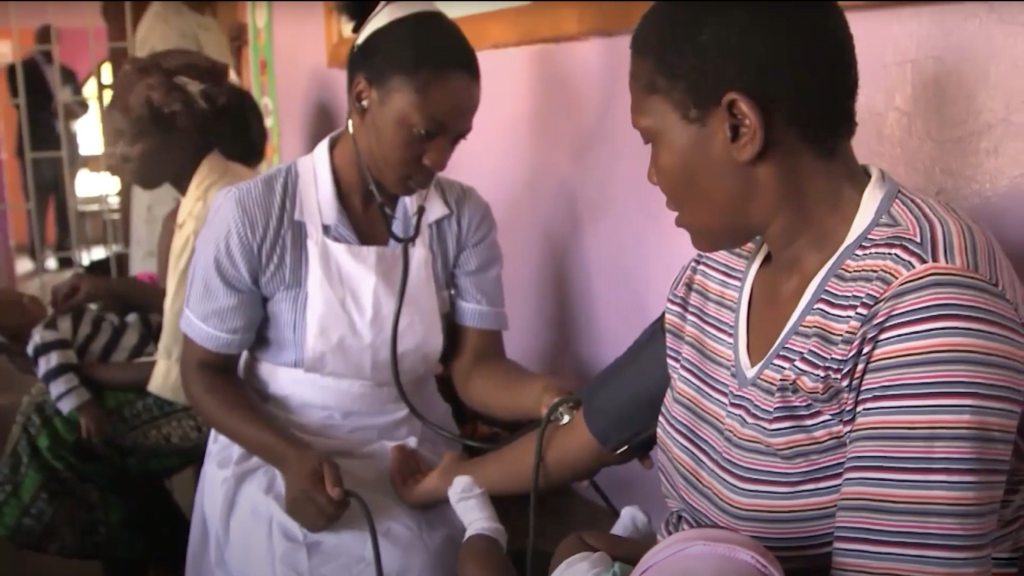The World Health Organisation (WHO) has highlighted persistent barriers faced by many Nigerians in accessing services at conventional hospitals and health facilities.
To address these challenges and mitigate disruptions in healthcare services, especially during the COVID-19 pandemic, the WHO advocates for the full implementation of the self-care policy, which was launched in 2019 and adopted by Nigeria.
Speaking at a National Stakeholders’ Meeting to Review Self-Care Indicator Framework in Abuja, WHO Technical Officer, Olumuyiwa Ojo, emphasized the importance of self-care, which empowers individuals to undertake health services and take preventive measures to stay well and manage their health.
He said, “Specifically, there are some interventions that people can use by themselves. We have the ones for non-communicable diseases. As we speak, you can measure your blood pressure by yourself.
“There are people who are insulin-dependent who have diabetes and have to inject themselves. But this particular guideline is talking about family planning products, like the self-injection DMPA-SC, and over-the-counter contraceptives.”
Ojo clarified that self-care differs from self-medication, emphasizing that certain interventions, commodities, and drugs are now available over the counter with the support of trained health workers, aligning with the self-care policy.
Miranda Buba Atere, the In-Country Lead for Self-Care Accelerator Project (S-CAP) at John Snow Incorporated (JSI), acknowledged that Nigerians have embraced the national self-care guidelines for sexual reproduction and maternal health.
However, she stressed, “There is a need to ensure that these practices are done safely.” She highlighted the importance of proper implementation and adherence to the self-care policy to improve overall healthcare accessibility in the country.


